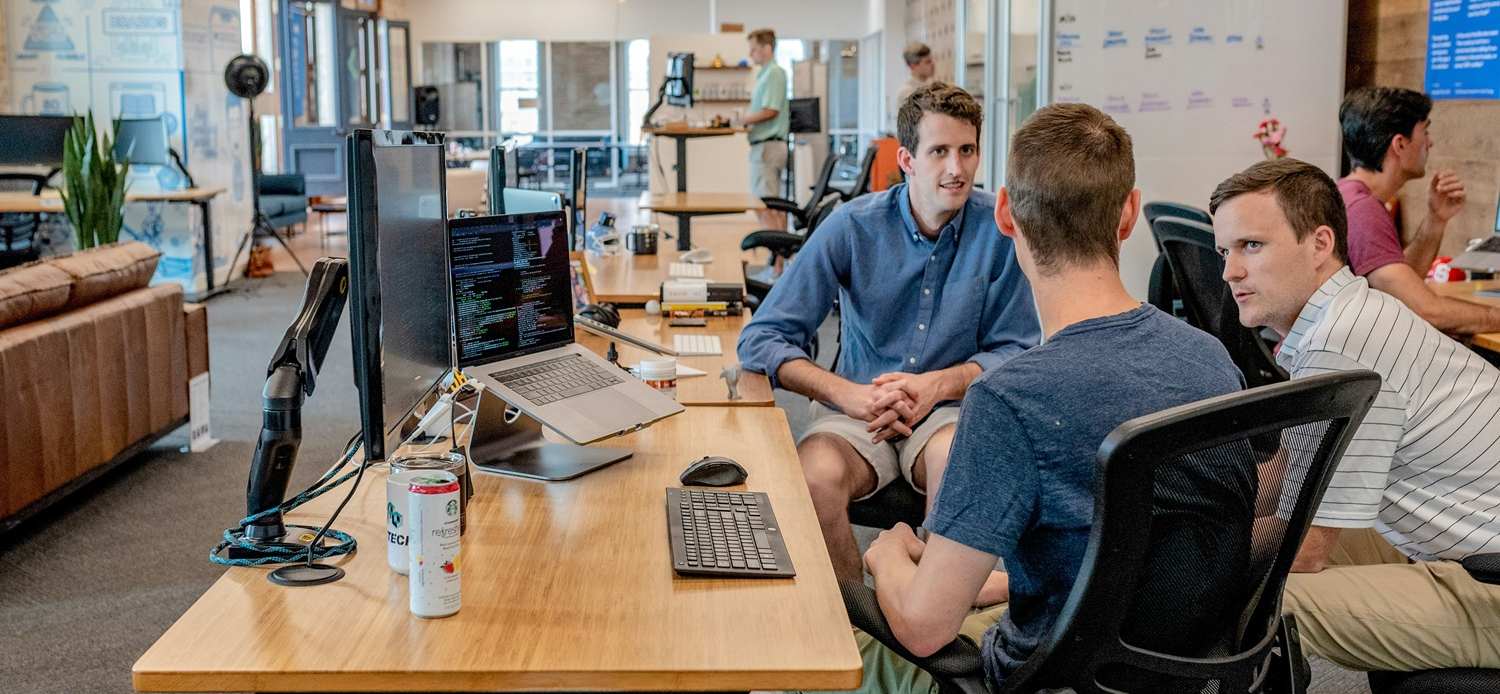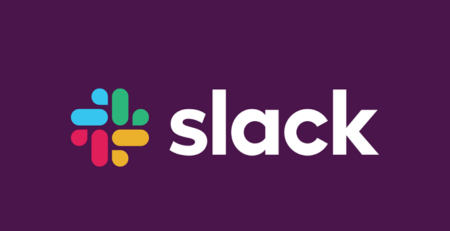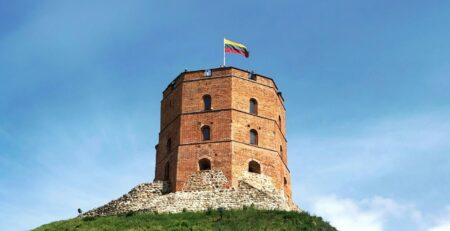Lithuania’s Thriving Tech and Startup Ecosystem: A Baltic Success Story (0)
In recent years, Lithuania has emerged as a powerhouse in the Baltic region’s tech and startup scene. Often overshadowed by larger economies in Europe, Lithuania has quietly built a dynamic ecosystem that fosters innovation, attracts global talent, and nurtures cutting-edge startups. With Vilnius at its heart, the country is making waves in sectors like fintech, blockchain, and artificial intelligence, positioning itself as a key player in Europe’s digital economy.
The Rise of Vilnius as a Startup Hub
Vilnius, the capital of Lithuania, is rapidly gaining recognition as a growing hub for startups, especially in the tech sector. The city offers a unique combination of factors that make it an ideal environment for innovation. Its highly educated workforce, low cost of living compared to Western Europe, and strong government support are just some of the reasons why both local and international entrepreneurs are flocking to Vilnius.
One of the biggest advantages of starting a business in Lithuania is the ease of doing so. The country consistently ranks high in the World Bank’s “Ease of Doing Business” index, thanks to streamlined regulations and a business-friendly environment. Startups can be registered online quickly, and the tax system is favorable, making Lithuania an attractive destination for budding entrepreneurs.
The Fintech Revolution
Perhaps the most notable success story in Lithuania’s tech ecosystem is its booming fintech sector. Lithuania is now the second-largest fintech hub in the European Union, trailing only behind Germany. The country’s regulatory framework has played a crucial role in this success. The Bank of Lithuania has developed a supportive and proactive approach toward financial technology, offering clear and efficient pathways for companies to obtain necessary licenses, including the coveted electronic money institution (EMI) licenses.
This has attracted major fintech players to set up operations in Lithuania, including companies like Revolut and TransferGo. In fact, Lithuania has one of the highest numbers of fintech licenses per capita in Europe, making it a go-to destination for financial technology innovation. With a forward-thinking regulatory body and a talent pool specializing in finance and technology, Lithuania has solidified its position as a fintech hotspot.
Homegrown Success: Vinted and Beyond
Lithuania is also home to its own startup success stories, with Vinted being the most prominent. Vinted, a second-hand fashion marketplace, was founded in Vilnius in 2008 and has grown into a global leader in the circular economy, with millions of users across Europe and beyond. In 2021, Vinted became Lithuania’s first unicorn, achieving a valuation of over €1 billion, further cementing the country’s status as a place where ambitious tech companies can scale and succeed.
But Vinted is not the only startup making waves. Other Lithuanian startups, like Trafi (a mobility app) and Tesonet (a cybersecurity company), are also gaining international recognition. These companies exemplify the diverse range of industries Lithuania’s tech ecosystem supports, from fashion and mobility to cybersecurity and artificial intelligence.
Government Support and Startup Ecosystem Growth
The Lithuanian government plays a pivotal role in nurturing the country’s tech ecosystem. Through initiatives such as “Startup Visa Lithuania” and “Startup Lithuania,” the government actively promotes entrepreneurship by offering visa support to foreign talent and providing resources to help startups grow. This has contributed to the influx of global talent, further boosting the tech scene in Vilnius and beyond.
Moreover, Lithuania’s network of accelerators, incubators, and tech parks offers startups access to mentorship, funding, and international networking opportunities. Institutions like “Vilnius Tech Park” and “Kaunas Startups” serve as hubs where young companies can collaborate, innovate, and scale their businesses. With venture capital investment on the rise and more opportunities for startups to secure funding, the ecosystem continues to thrive.
More automated accounting for your company!
A more advanced and easy accounting software SimplBooks with over 20,000 active users - register an account and you can try 30 days free (no credit card needed). Or try our demo version!
A Forward-Looking Ecosystem: Blockchain and AI
In addition to fintech, Lithuania is making strides in emerging technologies like blockchain and artificial intelligence (AI). The country has embraced blockchain technology early on, and today, Lithuania boasts a growing number of blockchain startups that are developing decentralized solutions for industries ranging from healthcare to logistics.
AI is also gaining traction in Lithuania, with companies developing applications in areas like machine learning, data analysis, and automated systems. The government has recognized the potential of AI and blockchain and is working to position Lithuania as a leader in these next-generation technologies by encouraging research, development, and public-private partnerships.
The Future of Lithuania’s Tech Ecosystem
Looking ahead, Lithuania’s tech and startup ecosystem shows no signs of slowing down. The combination of favorable regulatory policies, a talented and educated workforce, and strong governmental and private sector support creates an environment ripe for continued innovation. As fintech continues to grow and industries like AI and blockchain expand, Lithuania is on track to become a key player in Europe’s digital economy.
For entrepreneurs and tech enthusiasts looking for a vibrant, supportive, and affordable place to start or grow a business, Lithuania stands out as an exciting destination. With a culture of innovation, a dynamic startup scene, and a government committed to supporting growth, Lithuania’s tech ecosystem is set to make an even bigger impact on the global stage in the coming years.
In short, Lithuania is not just another player in the tech world—it’s a rising star, and the best is yet to come.




Leave a Reply